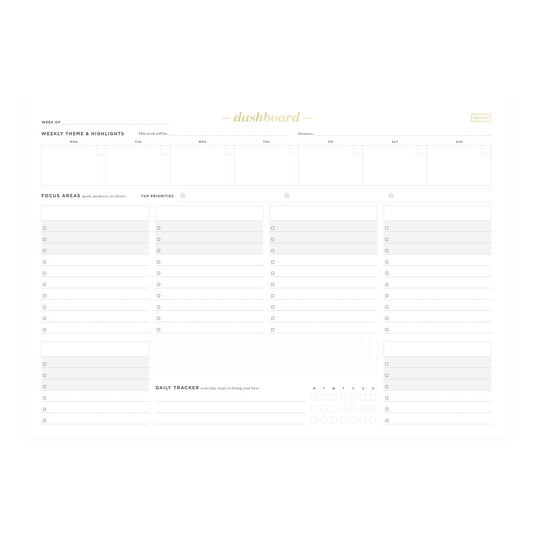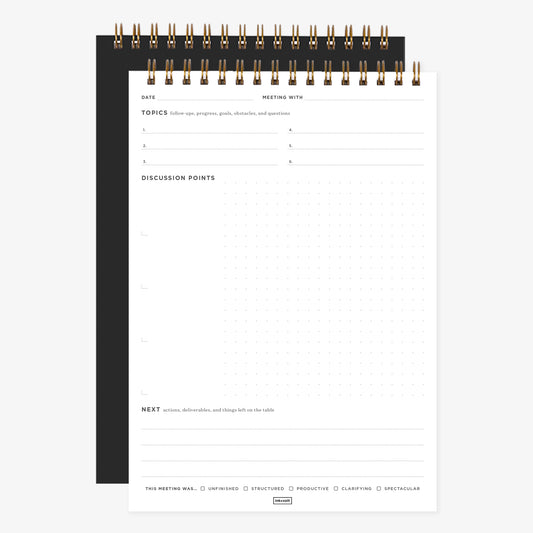Do you love your job?
While research points out that most people — around 63%, according to a The Conference Board’s annual survey— are satisfied with their job, you don’t have to be passionate to be content.
In fact, many of the characteristics people reported being satisfied with their job go beyond passion. Aspects like compensation, work-life balance, benefits, and workload are leading reasons why a person might find their job favorable.
- “Organizational culture, quality of leadership, and work-life balance are the factors that most influence employee retention,” the report says.
Discovering your values is important in finding the right career or job fit. We often think that our job title or place of employment should be a calling – but that just isn’t the case.
Job satisfaction, as the survey shows, comes in many forms, which is why it’s a good idea to figure out your values and align those with a job or career that makes sense.
What are your career values?
Rarely are our careers and personal lives separate, even if we try to draw clear boundaries. Your career values should reflect your life values. If you most value family time, perhaps work-life balance floats to the top in your job. If you’re unsure of your personal values, it’s worth diving into. Where do you put your energy? What makes you happiest in life? These things can be hints at where your values lie.
You can also think about career values in terms of goals. What does it take to get to where you want to be in life? This can go beyond career aspirations and even be more abstract if you’d like. There’s no right or wrong answer – financial stability is equally as important as having a goal of utilizing your creativity.
There are countless values that one can hold, and they typically translate to job satisfaction.
A few examples include:
- Security: If you often opt for stability over spontaneity, you’ll probably gravitate toward job security and working in industries that aren’t volatile.
- Freedom: There’s nothing wrong with wanting some room to roam and try new things. Finding a job that matches this energy can be important to feeling satisfied with your career.
- Communication: While we all value communication to some degree, it’s more important for others. In the workplace, this may translate to more meetings, or prioritizing feedback. You may really like this environment compared to working alone.
Identifying your values
When you start thinking about your life values and how they translate to your career, it can become overwhelming. Values, afterall, are big ideas, and they don’t always fit neatly into the context of our reality. Aligning your career values with opportunities is sort of like finishing a puzzle. Not every piece fits together nicely, but once it clicks, you can see the whole picture clearly.
It can be helpful to talk or write through it. Journaling is a great way to help identify what you hold most important.
Ask yourself these questions:
- What do I find motivating in my work?
- What aspects of previous jobs did I like the most and the least?
- Is being challenged important?
- How do I measure success?
- What goals would I like to set for later in my career?
Thinking long term in addition to focusing on your present is helpful in making decisions that can contribute to your overall happiness. Identifying your values is less about what society makes you believe you should be focusing on in your career and life, and more about where you find motivation and how to utilize that to live the best version of your life.
When you’re sorting through your values, take into consideration what rises to the top, why, and what you’re not willing to compromise on. Sometimes values can seem conflicting – like flexibility and structure – but that doesn’t mean they can’t co-exist in some way. Being honest with yourself will lead to your best opportunities, so don’t hold back.
Applying your career values
When you know where your values lie, you can then start figuring out how they apply to your career and life. Remember that it’s not just about your number one value, it’s about a variety of factors that contribute to your satisfaction. At the end of the day these values might not align with what you’re truly passionate about. Not every job has to be a dream job.
While it might not always be possible to find the perfect career fit that aligns exactly with our values, there are often changes that can position us closer to them. Advocating for a raise, better benefits, a new title, or an adjustment of responsibility often seem like they’re driven by career aspirations and getting ahead, but they can also be useful in getting to a place that feels most comfortable in life.
If you’re on the job search, be sure to ask questions in interviews that align with the values you wish to uphold:
- What makes this a supportive environment to work in?
- How does the organization prioritize its employees' work-life balance?
- Are there opportunities to learn new skills or receive additional training in this role?
- How is success measured in this role?
Jobs are usually made to seem inflexible and rigid – that we have to change for them – but that’s untrue. Healthy work environments are more flexible that we typically make them out to be, which means that prioritizing your values is entirely possible.
This might require being brutally honest with yourself. Even when we are passionate about a job or an organization’s mission, it can be hard to keep up with if our other values aren’t met. Accomplishing your goals isn’t always worth the toll it takes on mental and physical health. Burnout and stress can reverse progress at the end of the day.
Being honest with the people around you is essential, too. Upholding your values isn’t obstinate or inflexible. It’s about creating the right boundaries so that you can do your job well and be satisfied.
Written by Kara Mason









